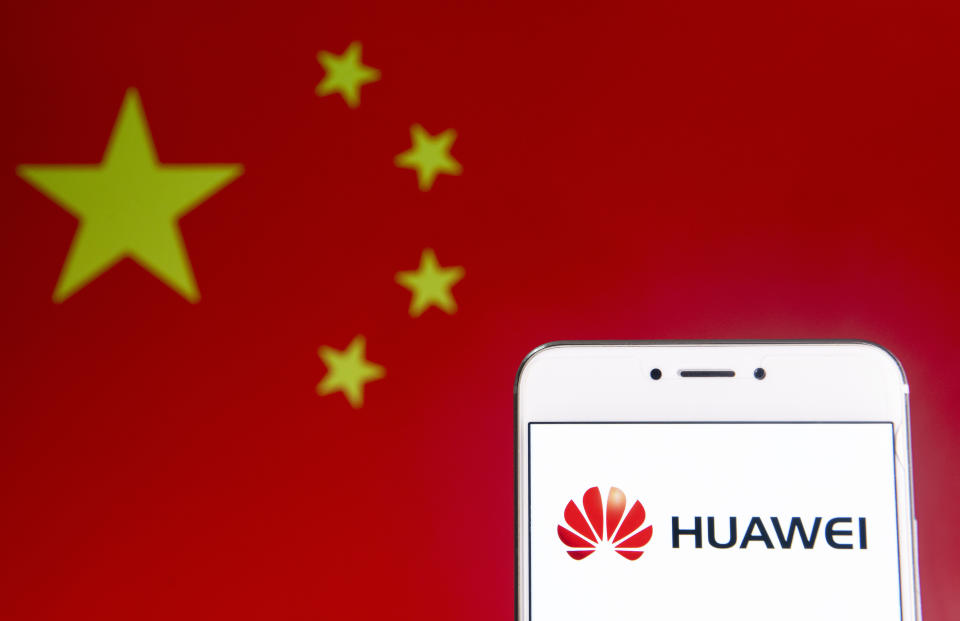UK to 'defy' US over Huawei amid security concerns

UK prime minister Theresa May is defying the US over security concerns surrounding Chinese telecoms giant Huawei by allowing it to help build Britain’s new 5G network, according to a report by The Telegraph.
The newspaper reported that on Tuesday, May will allow Huawei “limited access to help build parts of the network such as antennas and other ‘noncore’ infrastructure.”
May’s decision comes despite serious concerns from security agencies, governments, and members of her own party, such as Home Secretary Sajid Javid, Foreign Secretary Jeremy Hunt, and Defence Secretary Gavin Williamson, over Huawei.
In March this year, the UK’s National Cyber Security Centre, which is part of the UK government’s intelligence and security organisation GCHQ, released a report that severely criticised the Chinese company, by saying there are “significant technical issues in Huawei’s engineering processes” and its approach to software development brings “significantly increased risk to UK operators.”
The Centre also said it can provide “only limited assurance that the long-term security risks can be managed in the Huawei equipment currently deployed in the UK” and that it “can only provide limited assurance that all risks to UK national security from Huawei’s involvement in the UK’s critical networks can be sufficiently mitigated long-term.”
At the time of the report, Huawei said it took the concerns “very seriously” and that it would continue to work with UK operators and the National Cyber Security Centre to meet their requirements.
In February, the head of Britain’s foreign intelligence service MI6, Alex Younger warned at the Munich Security Conference against the UK using a single provider of equipment in new 5G mobile networks.
“It’s not inherently desirable that any piece of significant national infrastructure is provided from a monopoly supplier,” he said.
The US have continually pointed out Huawei’s ties to the Chinese government as well as emphasising China’s National Intelligence Law that says organisations must “support, co-operate with and collaborate in national intelligence work.”
The US, as well as Australia and New Zealand, has since barred local firms from using Huawei to provide the technology for their 5G networks.
Last month, Huawei launched a lawsuit against the US government for banning its equipment from certain networks. It also claims the US government misled the public about Huawei.

 Yahoo Finance
Yahoo Finance 
